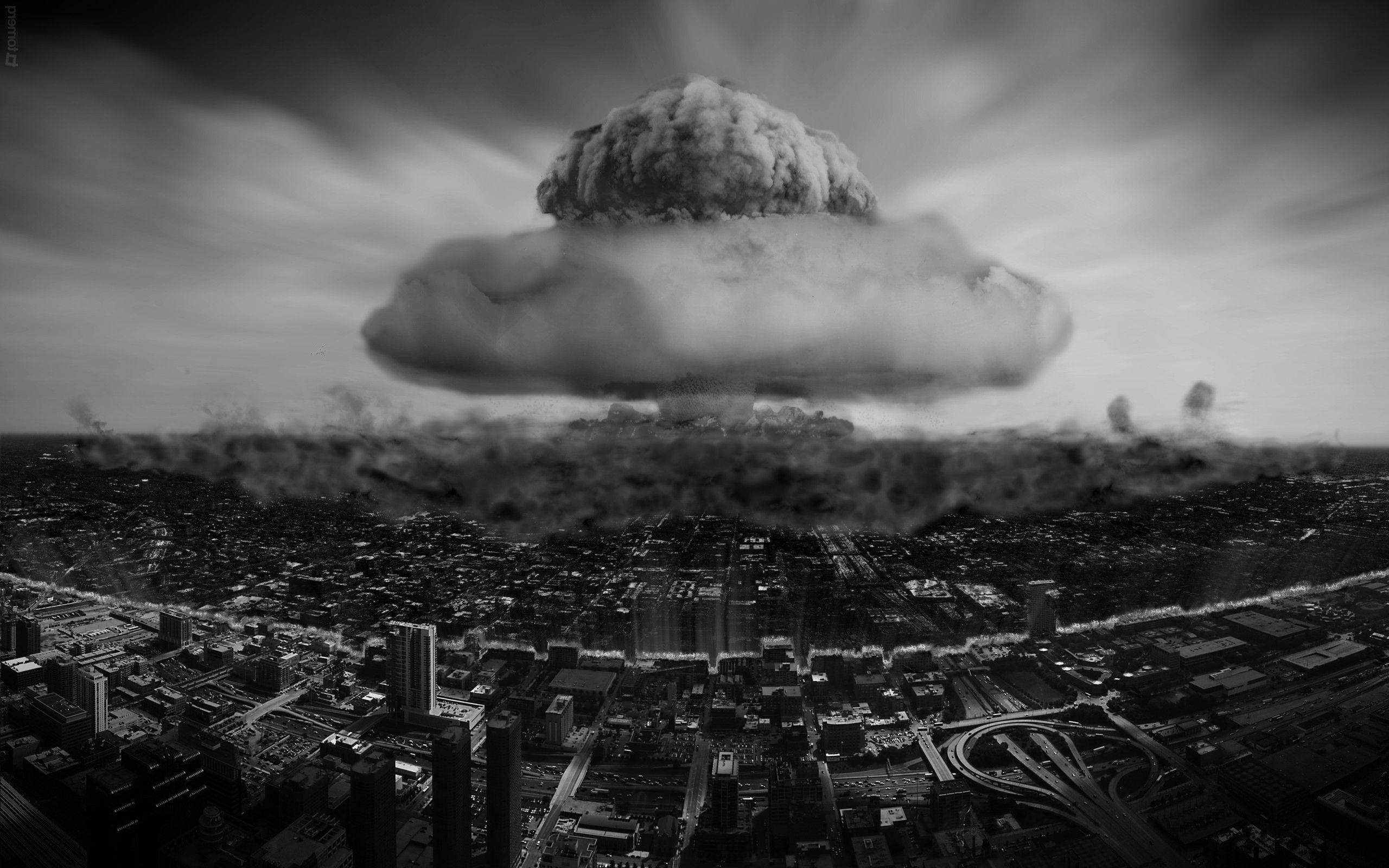
Nuclear warfare is one of the most devastating things that could happen to humanity. Would we be able to survive if such a war broke out? Let’s explore this question and find out if humans would indeed be able to survive a nuclear war.
The effects of a nuclear war on humans
A nuclear war would be an unequivocally disastrous event for the human race. Though it is difficult to imagine a world after something so catastrophic, we can only imagine that its effects on humanity would be devastating. From massive casualties and decimated infrastructure, to long-lasting radiation poisoning and grotesque mutilations, a nuclear war would leave no aspect of life untouched. Even those fortunate enough to survive – if there were any – would suffer post-traumatic stress disorder along with the effects of extreme radiation exposure. It is important to remember this so that we may strive towards peace and prevent such tragedy from ever taking place.
The chances of surviving a nuclear war
The chances of surviving a nuclear war are extremely slim. Experts agree that even the most prepared and fortified individuals and nations would find it difficult to avoid long-term consequences. The devastation to our environment as well as the potential for permanent damage to human health makes this scenario one of the gravest threats in today’s world. Few people are equipped with the resources and knowledge necessary to ensure true safety during such a catastrophic event, with no guarantee that any measures taken will be sufficient or even effective in averting complete disaster. For these reasons, it is essential that we understand the severity of nuclear war, its consequences, and the urgency of stopping it before it becomes reality.
What would happen if you were caught in the blast radius of a nuclear bomb
If you were unlucky enough to be caught within the blast radius of a nuclear bomb, the consequences could be dire. The intense heat generated by the explosion combined with deadly radiation would cause devastating burns, shockwaves traveling many kilometers away would level buildings and cause further physical damage to any victims caught outside the epicenter of the blast. The damage wouldn’t end there though – long term consequences to those exposed could include developing cancer due to radiation exposure, and in some cases even passing on genetic mutations to future generations. What’s more, the high levels of radioactive particles in the air would render entire areas uninhabitable for years after detonation making it all too clear what an immense tragedy can occur if a nuclear bomb is ever used.
How to protect yourself from radiation poisoning
One of the best ways to protect yourself from radiation poisoning is to understand the scientific coursework writing about radiation and its effects on living organisms. By doing so, you can create a plan of preventative measures that can help protect yourself from potential harms associated with radiation exposure. As far as specific tactics go, avoiding direct contact with radiation sources such as radioactivity in high doses is the best way to stay safe. This can be done by limiting your time spent around nuclear energy sources such as reactors or power plants and using protective armor or goggles during medical testing that involves radioactive material. It can also mean ensuring that all electronic devices you use are being stored safely and securely away from radiation fields. With a combination of knowledge and caution, one can take steps to minimize their risk of radiation poisoning.
The long-term effects of living in a post-nuclear world
For those living in a post-nuclear world, the long-term effects of this type of lifestyle can be devastating and long-lasting. In addition to radiation poisoning and cancer, various psychological and psychological changes can occur due to increased anxiety, stress, depression, and fear. Post-traumatic stress may arise from severe traumatic events that have been witnessed or endured in a nuclear environment. Many survivors may begin to become withdrawn from society as fear takes hold of their way of life. With proper counseling and support, part of the recovery process for those affected by living in a post-nuclear world might include reintegrating themselves back into social activities where they can receive help with managing post-nuclear consequences. This is an essential step to getting individuals on the road to healing both physically and emotionally.
A nuclear war is a terrifying thing to think about, but it’s important to be prepared. If you ever find yourself in the blast radius of a nuclear bomb, there are some things you can do to increase your chances of survival. And even if you do survive, the radiation poisoning and long-term effects of living in a post-nuclear world will be difficult to manage. But with proper preparation, knowledge, and support, we can all get through this nightmare scenario together. Thanks for reading and stay safe out there.